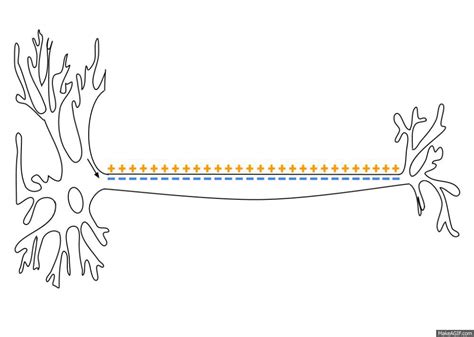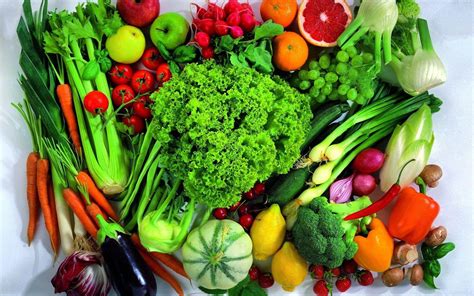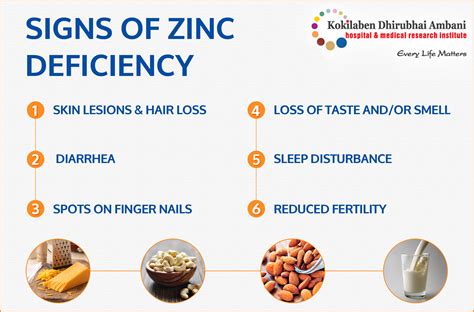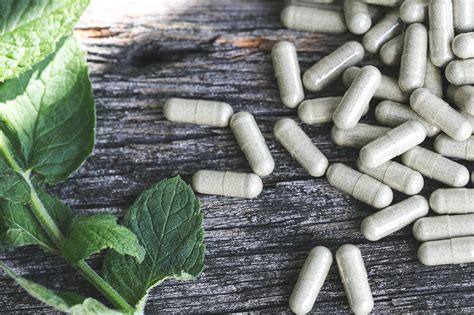How can I naturally boost testosterone for peak strength & energy?

Understanding Testosterone’s Role
Testosterone, often dubbed the primary male hormone, plays a critical role far beyond just sex drive. It’s fundamental for building muscle mass, maintaining bone density, producing red blood cells, regulating mood, and, of course, sustaining energy levels. While testosterone naturally declines with age, a significant drop can lead to reduced strength, persistent fatigue, mood swings, and a diminished quality of life. The good news is that many lifestyle factors can significantly influence your body’s natural production of this vital hormone.
Dietary Strategies for Testosterone Support
What you eat directly impacts your hormonal balance. A balanced diet rich in specific nutrients can lay the foundation for optimal testosterone production.
Prioritize Healthy Fats
Contrary to outdated advice, healthy fats are crucial for hormone synthesis. Include sources like avocados, nuts, seeds, olive oil, and fatty fish (salmon, mackerel) in your diet. These provide cholesterol, a precursor to testosterone, and essential fatty acids that support overall endocrine function.

Consume Adequate Protein
Protein is essential for muscle repair and growth, which indirectly supports testosterone levels through exercise. Aim for a good protein source with every meal: lean meats, poultry, eggs, dairy, legumes, and plant-based protein powders.
Don’t Fear Carbohydrates (Smartly)
While low-carb diets have their place, overly restrictive carb intake can elevate cortisol (a stress hormone) and suppress testosterone. Focus on complex carbohydrates like whole grains, fruits, and vegetables, especially around your workouts, to fuel your body and maintain energy.
Micronutrients Matter: Zinc and Vitamin D
Two micronutrients stand out for their direct impact on testosterone. Zinc is involved in numerous enzymatic processes, including those that synthesize testosterone. Good sources include red meat, shellfish, legumes, nuts, and seeds. Vitamin D, actually a steroid hormone itself, is strongly linked to testosterone levels. Regular sun exposure is the best way to get it, but fortified foods and supplements are also options, especially in darker months.

Exercise for Hormonal Optimization
Physical activity is one of the most potent natural testosterone boosters, particularly specific types of training.
Lift Heavy: Strength Training
Compound exercises that engage multiple large muscle groups, such as squats, deadlifts, bench presses, and rows, are incredibly effective. Lifting heavy weights stimulates a significant hormonal response, including a surge in testosterone and growth hormone. Aim for 3-4 strength training sessions per week.
Incorporate High-Intensity Interval Training (HIIT)
Short bursts of intense exercise followed by brief recovery periods can also elevate testosterone. HIIT workouts are time-efficient and provide cardiovascular benefits alongside hormonal advantages.

Avoid Chronic Overtraining
While exercise is beneficial, excessive or chronic training without adequate recovery can actually have the opposite effect, increasing cortisol and suppressing testosterone. Listen to your body and ensure sufficient rest days.
The Critical Role of Sleep and Stress Management
These two often-overlooked factors are cornerstone to hormonal health.
Prioritize Quality Sleep
Most of your testosterone is produced during sleep. Chronic sleep deprivation (less than 7-9 hours per night) can dramatically reduce testosterone levels. Establish a consistent sleep schedule, create a dark and quiet sleep environment, and avoid screens before bed to optimize natural production.

Manage Stress Effectively
When you’re stressed, your body releases cortisol. Chronically high cortisol levels can suppress testosterone production. Incorporate stress-reduction techniques into your daily routine: meditation, yoga, deep breathing exercises, spending time in nature, or engaging in hobbies you enjoy.
Lifestyle Factors and Supplements to Consider
Beyond the core pillars, other lifestyle choices and certain supplements can play a supportive role.
Maintain a Healthy Weight
Obesity, especially excess belly fat, is linked to lower testosterone levels, partly because fat cells contain an enzyme that converts testosterone into estrogen. Losing weight through diet and exercise can significantly improve testosterone.
Limit Alcohol Intake
Excessive alcohol consumption can directly interfere with testosterone production and increase estrogen levels. Moderate intake, if any, is key.
Consider Adaptogenic Herbs
Some herbs like Ashwagandha and Tongkat Ali have shown promise in clinical studies for their ability to support testosterone levels and reduce stress. Always consult with a healthcare professional before starting any new supplement regimen.

Conclusion
Boosting testosterone naturally is not about a quick fix, but rather a holistic approach to health. By consistently implementing strategies related to diet, exercise, sleep, and stress management, you can create an optimal environment for your body to produce and utilize testosterone effectively. This commitment to a healthier lifestyle won’t just elevate your T-levels; it will translate into peak strength, sustained energy, improved mood, and an overall enhanced quality of life. Always remember to consult with a healthcare professional before making significant changes to your diet, exercise routine, or starting new supplements, especially if you have underlying health conditions.









